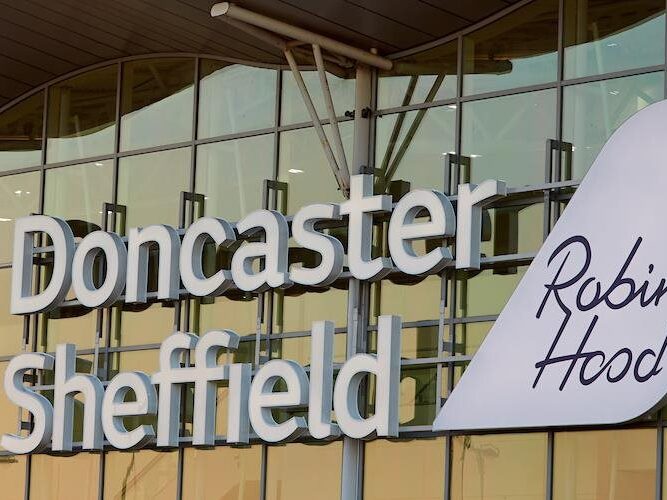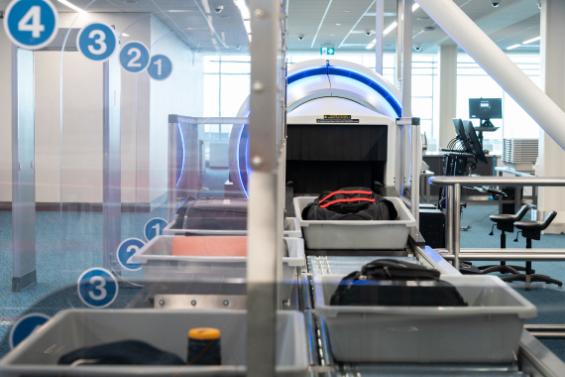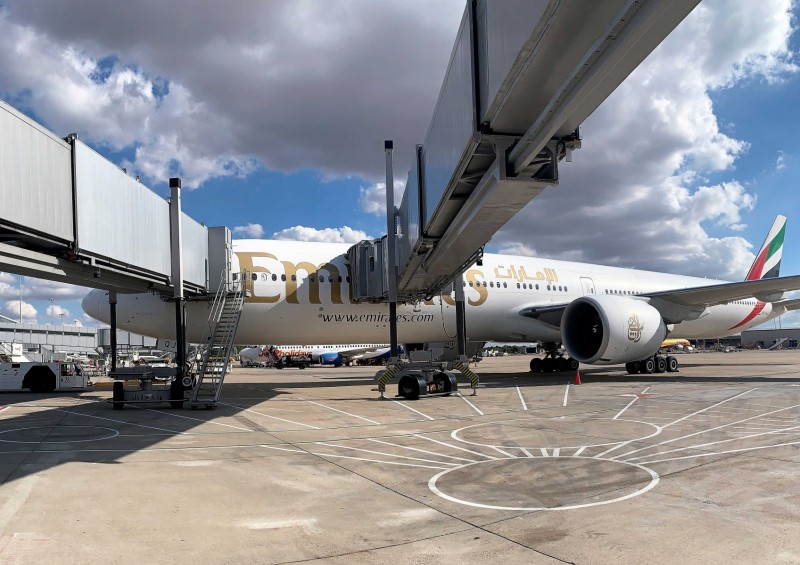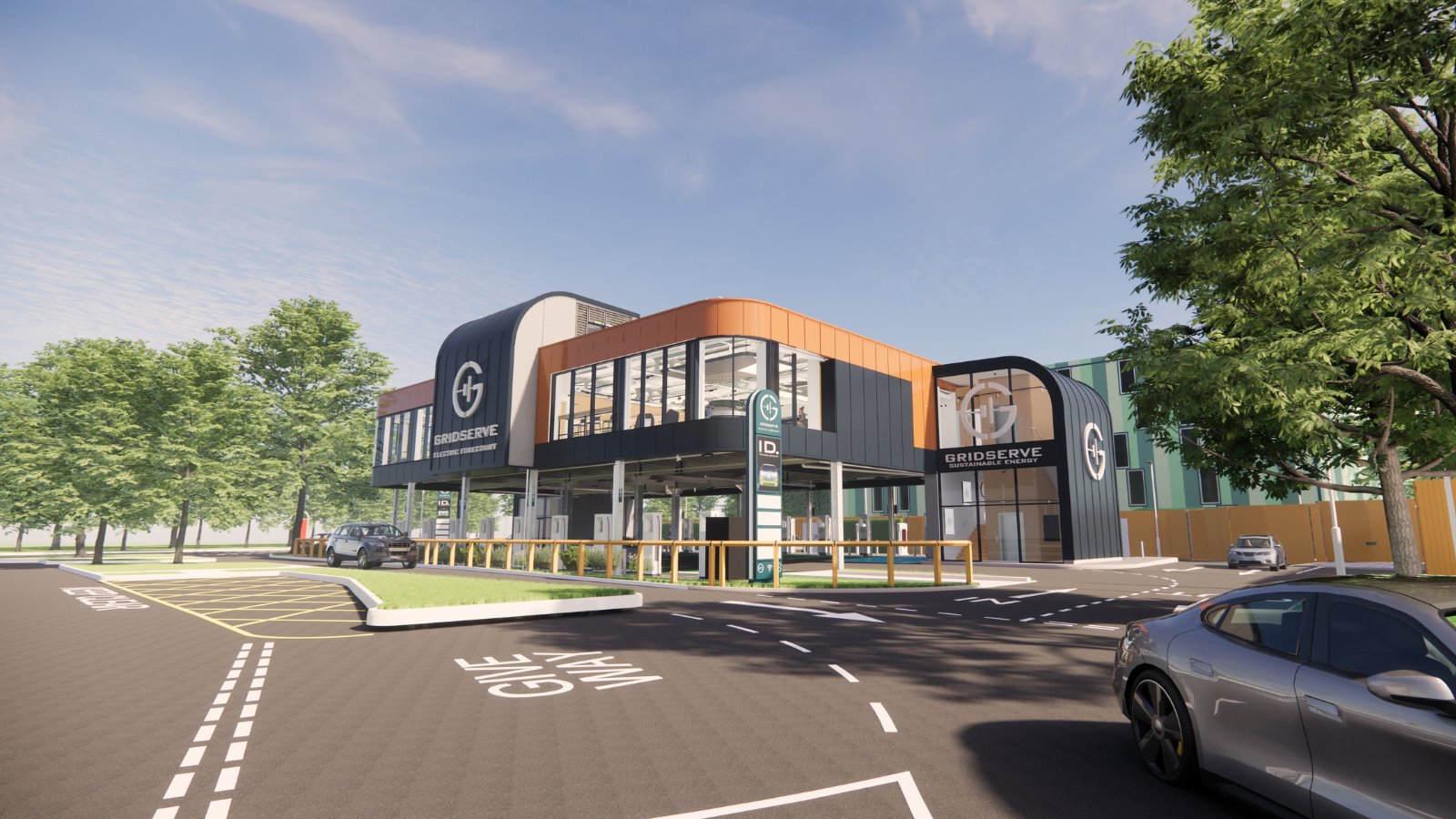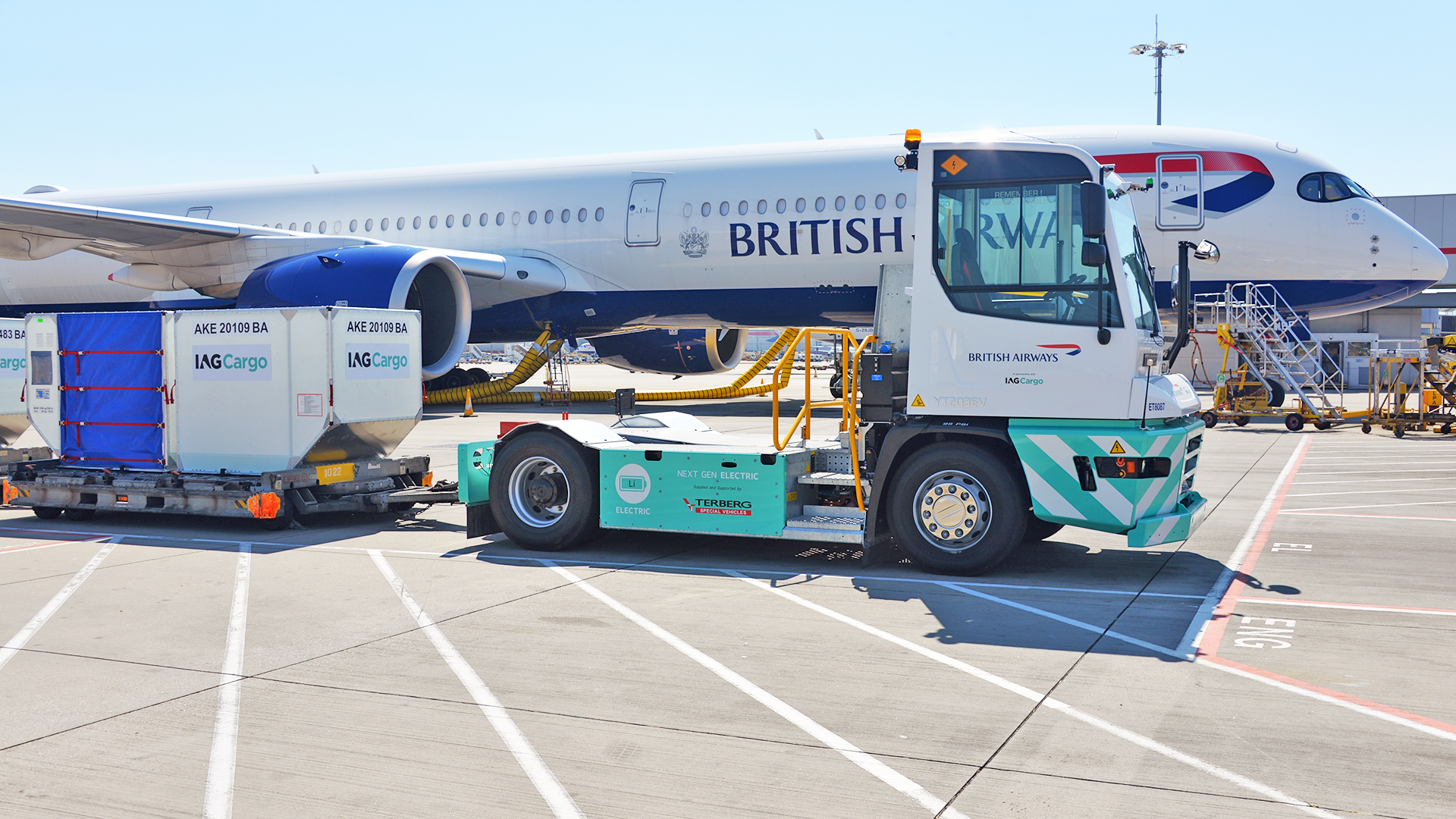AGS Airports is collaborating with ZeroAvia to explore the development of hydrogen fuel infrastructure for delivering zero-exhaust-emission flights from Aberdeen and Glasgow.
AGS owns and operates Aberdeen, Glasgow and Southampton airports. Its team will work closely with ZeroAvia’s airport infrastructure team to assess the opportunities for hydrogen production and use at its Scottish sites.
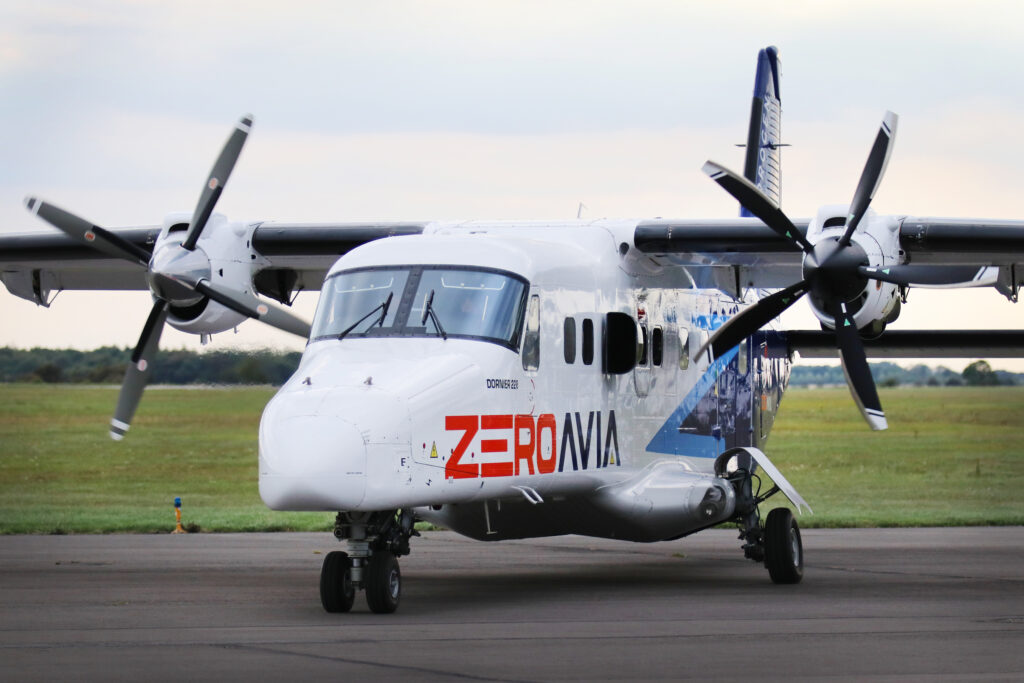
This potential to operate aircraft powered by ZeroAvia’s hydrogen-electric powertrain could help AGS significantly reduce Scope 3 carbon emissions from aircraft, as well as reducing noise and air pollution locally.
Meanwhile, AGS will also explore how hydrogen could be used to decarbonise ground operations.
Derek Provan, Chief Executive of AGS Airports, said:The development of hydrogen powered aircraft has the potential to completely revolutionise aviation and it is becoming an increasingly viable option for regional and short-haul aircraft. As a regional airport group serving the Highlands and Islands of Scotland as well as the Channel Islands from Southampton, AGS will be the perfect testbed for hydrogen flight. Through our partnership with ZeroAvia we’ll address some of the challenges associated with the generation, delivery and storage of hydrogen on-site and how we can prepare our infrastructure to support zero emission flights.
Throughout this partnership, ZeroAvia will share its experience in developing its hydrogen airport refuelling ecosystem (HARE) at Cotswold Airport in Gloucestershire.
The partners will then work towards a flight demonstration powered by ZeroAvia’s ZA600 600kW hydrogen-electric engine, which is is expected to be certified by 2025.
Arnab Chatterjee, VP, Infrastructure, ZeroAvia: said:In recent months we have stepped up our work with airports significantly to better understand the operational needs and requirements for hydrogen as a fuel. Working with the team at AGS allows us to plan for some of the commercial routes that we will be able to support in a little over two years’ time, and do so in the setting of a major international airport.
The ZA600 is designed to power 9–19 seat aircraft up to 300 nautical miles. It will soon be flight-tested for the first time in a 19-seat Dornier 228. Ultimately, ZeroAvia’s business strategy is to deliver hydrogen-electric engines for every aircraft.
The hope is that these zero-exhaust-emission flights could provide better connections between Scotland’s cities and remote areas because if operating costs were reduced, more flights could run, while also keeping noise and environmental pollution at bay.
Minister for Transport Jenny Gilruth said:This is an encouraging development as hydrogen has the potential to be a true zero emission fuel and could play a key role in helping the Scottish aviation sector reach net zero.
Many of the routes that operate from Glasgow and Aberdeen to airports across the Highlands and Islands are served by small aircraft and real social, economic and environmental benefits could be delivered by cleaner, quieter and lower cost aircraft.


